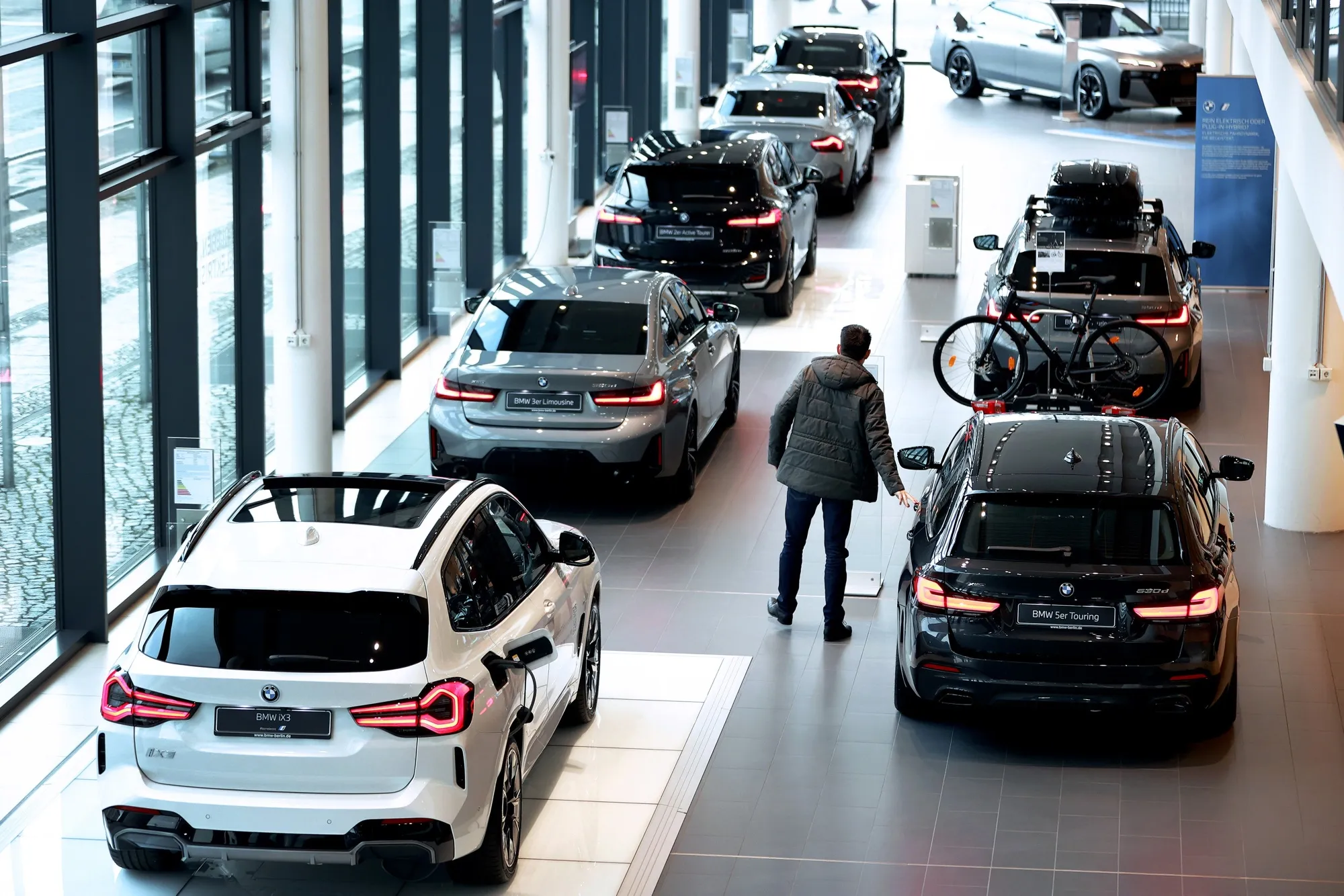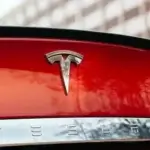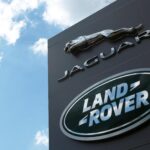German automakers have no reason to fear competition from China, Chancellor Olaf Scholz said on Monday during the opening of Mercedes-Benz’s first battery recycling facility, a project that aligns with Germany’s broader industrial policy goals.
Addressing concerns over China’s dominance in the electric vehicle (EV) market, Scholz pushed back against the notion that German companies would struggle to keep up. “Some say that China can do much better with electric motors than us,” he noted. “German companies need not be afraid of this competition.”
The chancellor emphasized that Germany has successfully navigated intense competition in the past from nations like South Korea and Japan, reaffirming the country’s resilience in the global automotive market. He also criticized European Union (EU) tariffs on Chinese-made electric vehicles, stressing that such measures could be counterproductive for Germany. “I’m against tariffs that harm us,” he stated at the ceremony in Kuppenheim, located in southwestern Germany.
Scholz argued that tariffs should only be applied in cases where European producers face genuine disadvantages due to dumping practices or state subsidies, citing the steel industry as an example.
The EU has recently imposed significant tariffs on Chinese-manufactured EVs, claiming they benefit from unfair government subsidies. While Beijing denies these allegations, threatening retaliatory action, German automakers—who earn a substantial portion of their profits in China—have raised concerns and called for further discussions. Germany itself voted against the imposition of these tariffs.
Mercedes-Benz’s new facility will play a key role in Germany’s EV ecosystem by recycling raw materials like lithium, nickel, and cobalt from used electric vehicle batteries. The plant, which boasts zero carbon emissions, aims to reintroduce these critical materials into the production process, promoting a circular economy for the growing EV market.





